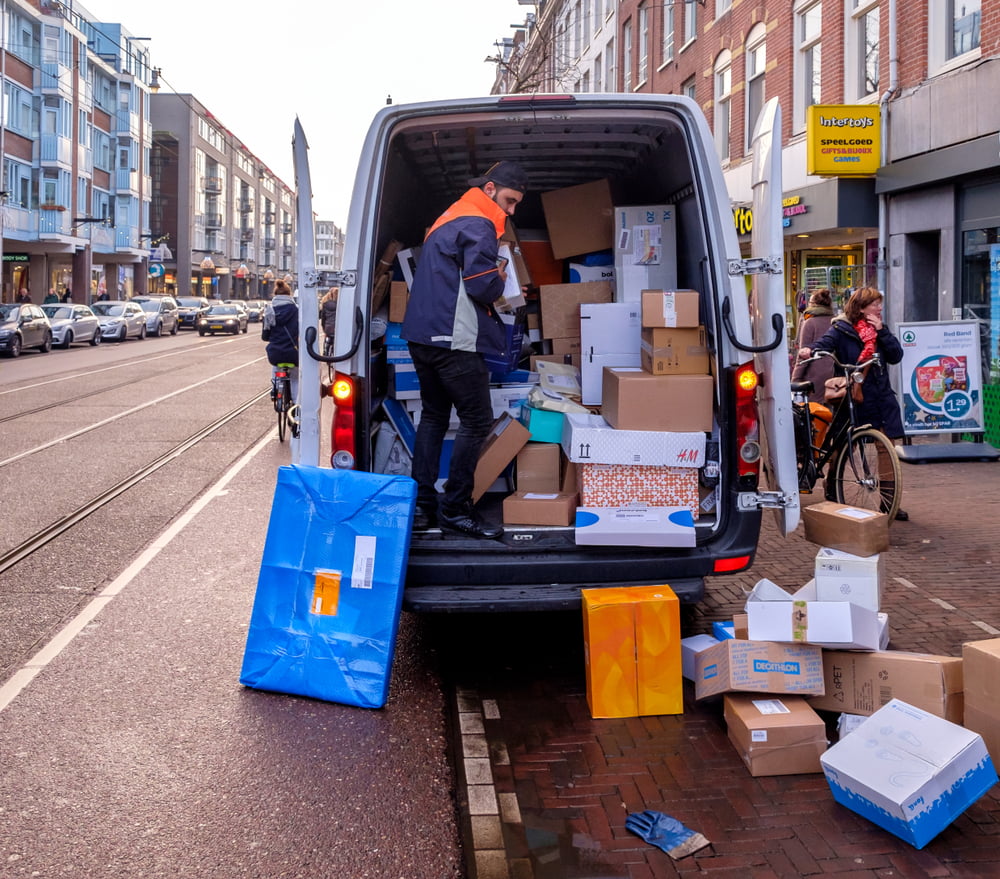At the parcel sorting center in Groningen, PostNL worked together with the municipal reintegration company BWRI. At PostNL's parcel depots, many hundreds of parcel sorters received less wages for years than their permanent colleagues through rigged sham constructions. The influence of PostNL even extends over the salary that the workers receive. The hourly rate was even set in the SLAs. In addition, PostNL actually determines the planning and provides far-reaching instructions with regard to the execution of the work.
subdistrict court
Contrary to what PostNL has stated, the present matter do not compare
with the Vie d'Or judgment. PostNL is of the opinion that the ISZW investigation is inadequate, in the sense that it would be a one-sided and incomplete investigation, so that the report drawn up cannot be used. According to the Subdistrict Court, the fact that the report was not drawn up with due care has not been shown or has been made (sufficiently) plausible by PostNL.
The Subdistrict Court is of the opinion that in this case there is no question of contracting work or an agreement for services. In both cases, a high degree of independence in the performance of the work or assignment is required, which in this case is lacking. It is true that the agreements between BWRI and PostNL contain provisions that indicate the acceptance of work or an agreement for services, or in which these terms are even explicitly mentioned, but on the other hand, the agreements also contain provisions that indicate the contrary.
PostNL referred to employment agencies as a subcontractor, in order to save on wage costs. After all, contractors are not covered by the collective labor agreement for temporary workers and not by the PostNL collective labor agreement. ' Due to this so-called 'contracting' construction, the parcel sorters received little more than the legal minimum wage. And so PostNL put millions in its own pocket for years.
Mariëtte van der Neut, Director FNV Flex and Compliance
In the Subdistrict Court's opinion it can be inferred that the responsibility of BWRI with regard to planning does not go beyond the
deploying the right amount of labor, based on the expected number of parcels to be sorted, which she receives from PostNL. The Subdistrict Court is of the opinion that the workers working at the PostNL depot in Kolham, whether or not through on-loan by BWRI, are made available to PostNL.
The FNV has made two gains for the underpaid parcel sorters at PostNL this week. Earlier this week, the FNV signed a deal with the Young Capital employment agency on the supplementary payment of the parcel sorters who are members of the FNV. After a year and a half, they finally get the wages paid in accordance with the temporary employment collective labor agreement.
summons Uber
Last week, the FNV, in the presence of a number of drivers, handed over a summons to Uber. In this, the union demands that Uber complies with the taxi Cao and pays the employees in accordance with this CLA. The summons follows the summons Uber received from the FNV on November 16. The union is going to court because Uber did not want to seriously address the two demands that were also already in the summons. The FNV wants to go to court to end the exploitation of Uber taxi drivers and the unfair competition in the taxi world.
Uber will continue to exploit drivers, evade social security contributions and taxes, and compete unfairly with other taxi drivers. With this summons we demand that this stop now.
Amrit Sewgobind, FNV director Flex and Compliance
Politics can intervene, because there is clear legislation, only it is not enforced. The union regrets that a lawsuit is needed to stop Uber.
Also read: Uber must immediately comply with CAO Taxi, otherwise lawsuit will follow




